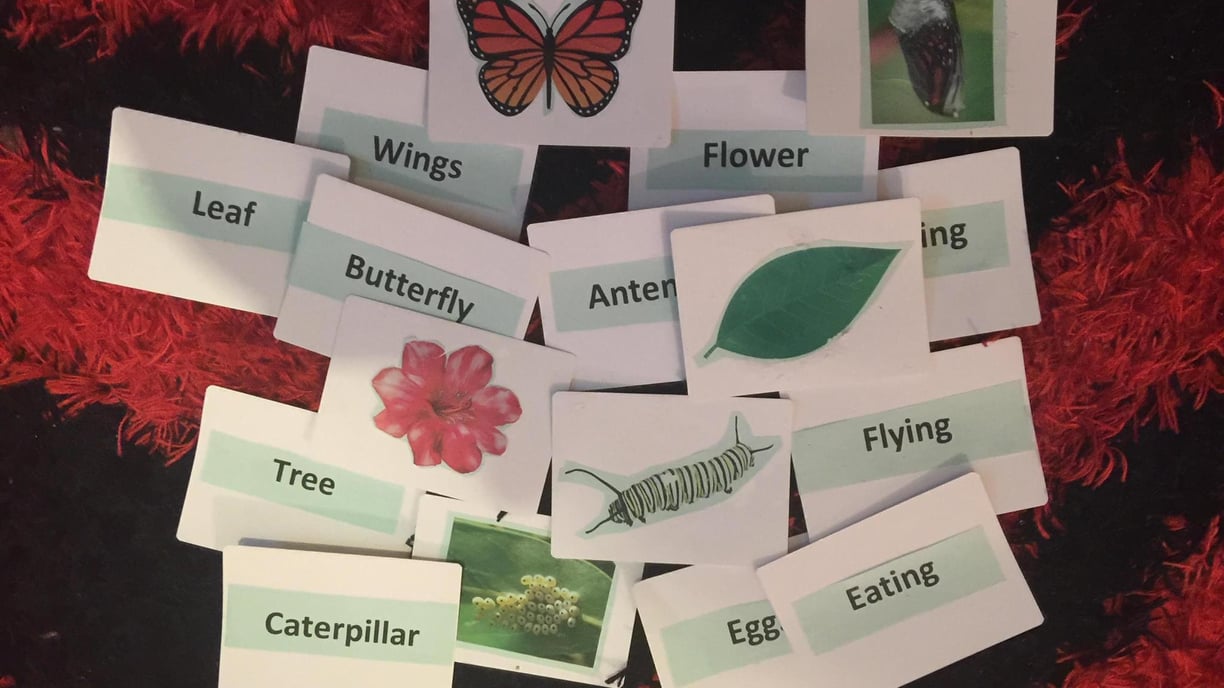How it Works


Make it your own
Due to its adaptability the system can be used to learn any subject. It presents another way of learning for those who struggle with traditional methods of teaching and learning.
The system can be adapted to any culture and has proven to be effective in
children diagnosed with learning difficulties
neuro-typical children who are struggling at school during their early years
adults with literacy issues
individuals wishing to learn English
English speakers aiming to learn a foreign language
The Pocket Learner is also useful in assisting individuals experiencing communication difficulties resulting from bouts of illness, for example, a stroke.
It is important to note that the Pocket Learner is also useful for children who are non-verbal as it enhances comprehension and while these children may be unable to articulate using words, they are able to learn to recognise written words and images and thus boost their educational development.
The system does not purport to be a tool for developing speech but it is being used by specialists such as speech therapists and speech pathologists who are working with children to improve their communication skills. It has been given the nod by educational psychologists, head teachers, special educational coordinators and class teachers.





